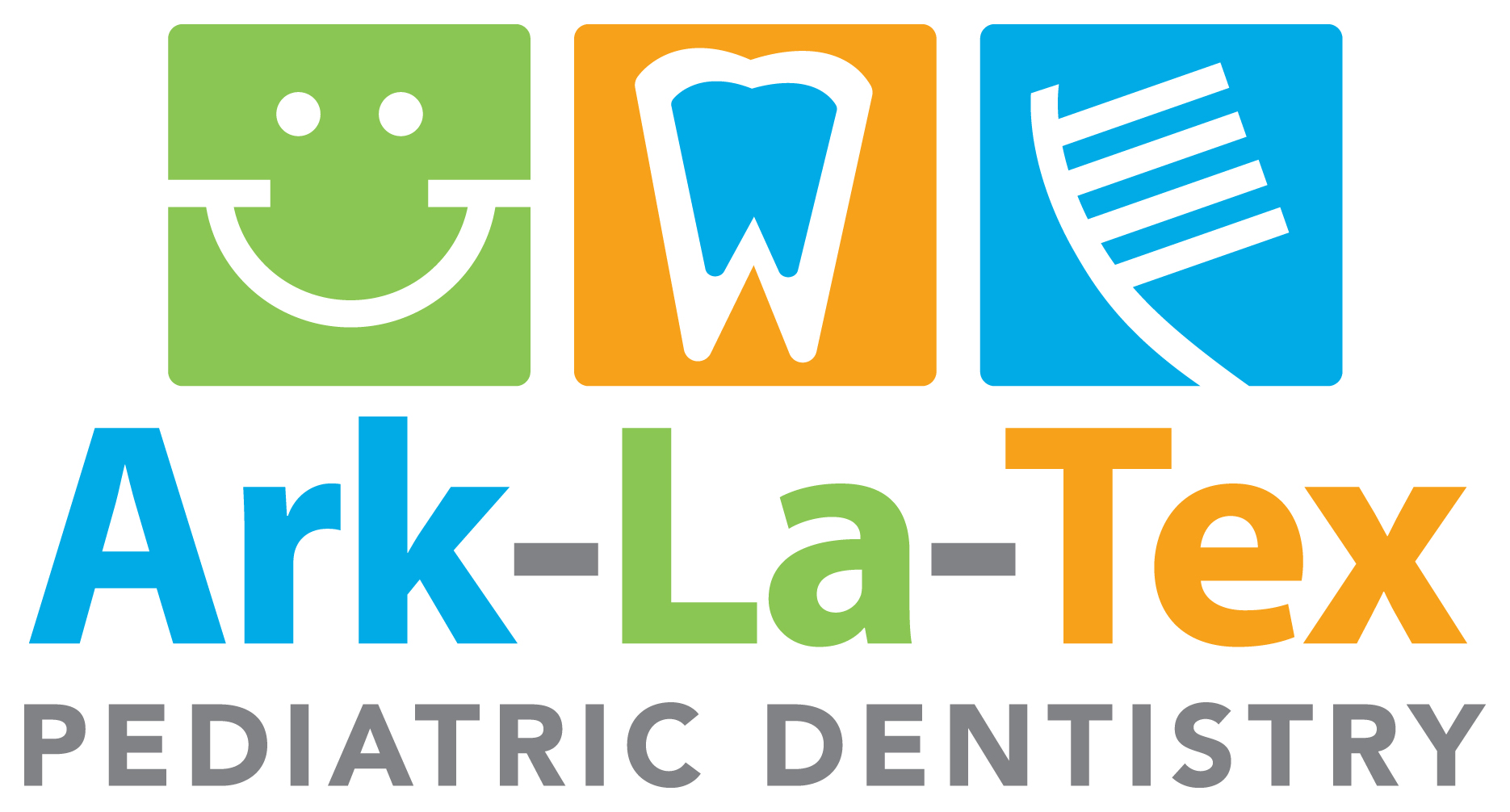At Ark-La-Tex Pediatric Dentistry, your comfort is Texarkana and New Boston dentist Dr. Brian Steele’s primary focus, so we have several anxiety- and pain-reducing methods available to our patients. One of our most commonly used dental sedation methods is nitrous oxide, better knows as laughing gas. You might not be giggling before it’s used, but chances are you won’t feel — or fret — much after you receive it.
What Is Nitrous Oxide?
Nitrous oxide is perhaps the most sought-after clinical sedative because it offers an ideal experience: a painkiller that induces a euphoric feeling. It is a safe and effective sedative that is mixed with oxygen and inhaled through a mask that fits over your nose. It is odorless, pleasant tasting, and typically begins to work within five minutes.
When laughing gas is first administered, you’ll feel:
- Relaxed
- A warm sense of well-being
- Happy or silly
- A tingling sensation
- Numbness in your mouth, hands, or feet
- Hearing changes
- Sleepiness
You will remain alert and able to respond to Dr. Steele’s requests and questions while breathing nitrous oxide. It’s an effective option for increasing comfort, because relaxation occurs quickly and the depth of sedation can be increased or decreased, which few other sedation techniques allow.
Who Can Use Nitrous Oxide?
Laughing gas is appropriate for adults and children alike; however, children must be able to leave the soft nosepiece on and follow directions from the dentist.
Laughing gas may not be appropriate for you if you:
- Are pregnant
- Have a stuffy nose
- Have chronic obstructive pulmonary disease
- Suffer from congestive heart failure
- Have a recent head injury
- Have an ear infection
- Are taking medicine for a psychiatric condition
The effects of nitrous oxide begin to wear off shortly after you start breathing oxygen again. It can take up to 15 minutes after the gas supply is stopped to feel normal again, so if you opt for this sedation method, you should be able to drive home after the procedure.

